Many thanks to SWLing Post contributor, noted DXer, and author, Ralph Perry (a.k.a. Chet Nairene), who notes that he was recently interviewed by Simon Ostheimer on Tales of the Orient regarding Ralph’s latest novel, Pacific Dash.
Ralph notes that, “DXing directly influenced my seeking an international life” and thus fueled his passion to write novel about traveling and exploring local scenes throughout Asia and the Pacific.
Pacific Dash isn’t a novel about DXing, rather, “a fictional first-person account of Dash Bonaventure, a young 1960s American whose life journey drags him across Asia.”
Please note that the following post was originally published on Tales of the Orient and is being re-posted here with permission from Ralph Perry.
Enjoy!
Tales of the Orient by Simon Ostheimer: Cool Runnings
Meet Chet Nairene, the American author of ‘Pacific Dash’, a new novel that follows the Asian adventures of Dashiell Bonaventure, from an Illinois farm to glitzy Macau casinos
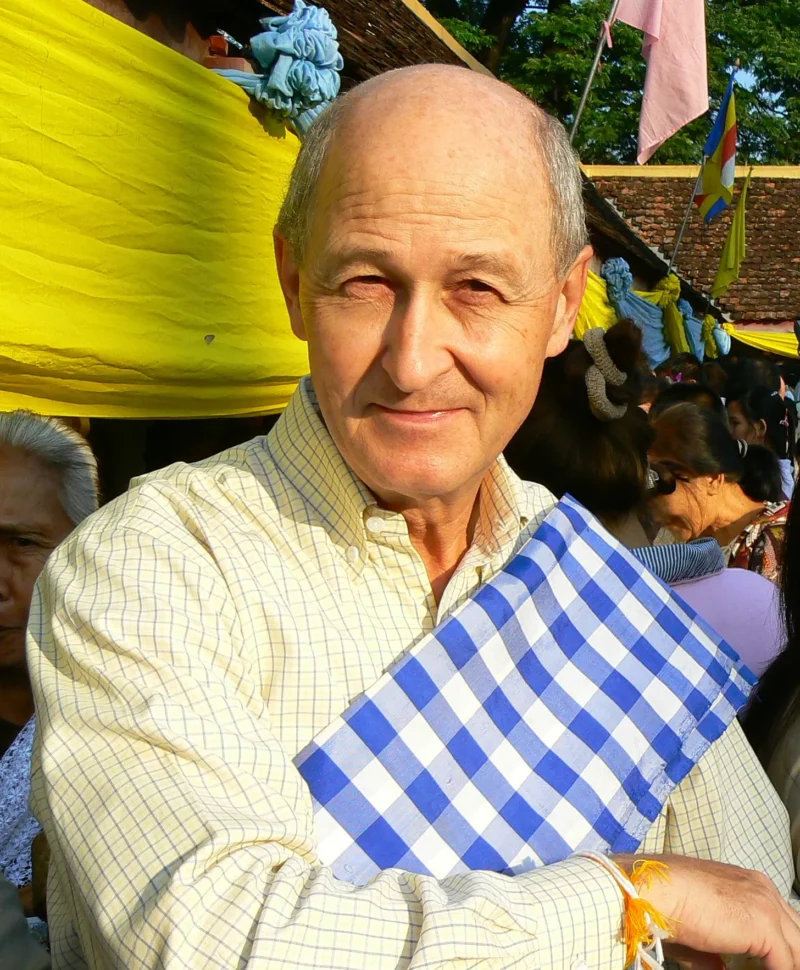
Hi Chet, tell me more about your new book, Pacific Dash
Greetings, Simon!
Pacific Dash is a fictional first-person account of Dash Bonaventure, a young 1960s American whose life journey drags him across Asia. Dash is utterly impulsive (his next prudent plan will be his first), but makes up for that with outsized good luck and karma. The story begins in 1968 with him as a reluctant expat student at the then-new Hong Kong International School. International adventures immediately start to find him. Dash covers a lot of ground, for several decades spending time in Indonesia, Malaysia, Singapore, HK, Macau, Taiwan and Myanmar. He finds himself in love and at other times in trouble. One day at a Bali losmen (a cheap homestay), things really take off when meets Little Fatty, an engaging and chubby Malaysian businessman who hooks Dash up in the illegal casino business, located offshore from Singapore.
Dash gets around! How did you come up with the story?
Ever since taking up fiction writing, I had been juggling several good story ideas, but Pacific Dash (my “backpacker novel”) was always the one I wanted to lead with. I knew it would be pure fun for the reader and a pure joy for me to write. My primary goal is to entertain and transport readers to exotic places, crammed with interesting people, odd experiences and cultural nuggets. I wanted to share so many of the things I love about Asia – the wonderful people, the food and spirituality, the bars and temples, beaches and even gambling. So, what better way to introduce all that than through the eyes of a young foreigner who is totally unprepared for what he’s about to encounter?
What led you to start writing your own fictional literature?
It’s funny, but during my career as an expatriate executive in Asia, friends often said (usually after a few too many beers and colorful stories), “You really ought to write a novel.” Yeah, right, someday. But upon retiring I started to think, hey, why not?
Like Dash, I understand that you also lived in Asia for more than 25 years, how much of your own story is in the book?
As the old writing adage goes: ‘Write about what you know.’ And I certainly know Asia. Many (but not all) of Dash’s experiences are based upon things that happened to me or to my friends. Therefore, while the resulting story is off-kilter and quirky, it should also have an authentic ring. But Dash and I are punched from different molds.
He is something of the accidental, unintentional traveler in Asia. I, on the other hand, made happen my desire to live and work in Asia. It was just something in my DNA and I had to obey. My fascination with Asia, Africa and Latin America all probably began with my childhood hobby, tuning into foreign radio stations on shortwave.
Early in my working life, I was a journalist at a small daily paper based in the central US. I entered journalism hoping it was a ticket to a fulfilling life abroad as a foreign correspondent but wound up, instead, at a small daily paper in Wisconsin, writing obituaries and features. Eventually I quit, backpacked around Asia and brewed up a new plan, to gain an MBA degree with a concentration on international business.
Back in the 1970s, companies virtually lined up to hire Wharton School’s newly-minted MBAs so I had my pick of international jobs. Since other students wanted to make millions in Wall Street investment banking jobs, I was somewhat unique. Back at that time, the internationally-focused MBA wasn’t really yet much of a thing.
What exactly did you do over all those decades in Asia?
I worked in many senior executive positions for one of the biggest US multinationals, including various roles as marketing director, supply chain manager, GM and country chairman. My family lived in Malaysia, Hong Kong, Philippines, Korea and Thailand.
In what ways do you think Asia shaped you as a person?
In general, living as a long-term expat cannot help but broaden one’s horizons and provide new perspectives. I certainly more objectively understand my home country and its foibles, having been outside the US media echo chamber for three decades.
With regard to Asia’s influence, I am probably much more patient and open-minded. My favorite piece of advice, often received from Thai friends, was a reminder: ‘Please don’t think so much.” So un-Western, but so true … to be more in the moment. More zen. Everywhere we went in Asia, we met with warmth and accommodation, from the poorest of villagers to the wealthiest of business magnates. It touched our hearts.
Out of all the places you’ve lived, which are your favorites?
That’s too hard, a bit like trying to choose a favorite from your children. Impossible!
But a particular thrill I will never forget was living in Java in the 1970s and exploring Indonesia by motorbike. Remember I mentioned my childhood shortwave radio hobby? On Java I visited scores of little ‘RPDK Tingkat II’ shortwave radio stations (‘friends’ already tuned from America and corresponded with), went to all-night wayang kulit puppet shows and visited the Mount Bromo volcano on horseback at dawn.
We also loved our years in Malaysia, in my opinion among the most enjoyable people in Southeast Asia. But matching that was the excitement of life in scintillating Hong Kong during the run-up to the 1997 sovereignty handover to China. I learned that there is nothing like an energized Hongkonger executing a plan – if the rest of the world was as diligent and hard-working and dedicated, we’d already be in nirvana.
Korea was fascinating in its own way, to live well within range of the North’s missile batteries. And life in the Philippines was a daily challenge, with poverty everywhere and stalking the business landscape. Company survival was a top of mind challenge.
The book seems to be pretty accurate in its historical detail (in particular the Hong Kong chapters were spot on). How did you manage to achieve this high level of authenticity?
Another piece of common wisdom fiction writers often hear is to write the type of story they enjoy reading. I love novels that just flood the senses with interesting places. So for Pacific Dash, I tried to channel Dash and plumb my experiences, feeling myself back in those places, seeing things around me, hearing the noise and smelling fragrances. And then I just typed away and took dictation as Dash told me his story.
Paperback books about expats having ‘crazy’ adventures in Asia is a pretty packed genre, how do you stand apart?
Yes, though it seems most of those are non-fiction, silly first-person travel memoirs like ‘My Amazing Month in Zamboanga’. But my niche (as seems to be developing) is in humorous, action-packed fiction that is driven by the cultural clashes experienced by young Westerners in Asia, who really don’t quite know what they are getting into.
Have you ever written much before, and what for you was the hardest part about writing your first piece of fiction?
I had five years’ of writing and editing as a journalist and three decades of business writing to draw upon, so I was somewhat surprised to learn, upon launching into the novel-writing endeavor, that all of that experience was entirely useless when it came to writing fiction. I had to entirely relearn how to write. Along the way, I joined a writers’ circle that, every few weeks, savages each other’s work. My earliest drafts had been as dense as an encyclopedia … but over time, I’ve learned that simpler is better.
Writing is only the half of it, then there’s the marketing…
Book marketing is no fun! At first, one writes and hopes the story itself will be enough. Wonderful fiction finding its market. But inevitably, that is slowly learned to be a delusion. The most successful novelists these days have a huge social media presence that works hard promoting their books. That is not my particular situation.
So for me, the best way forward is to achieve some critical mass by getting my next two novels published and out into the public eye, asap. There is definitely synergy available as some readers may be attracted to one book and find the others through it.
I understand you’re a big fan of travel writer Paul Theroux
Paul Theroux (PT) is a golden god of writing! It is a dream of mine to someday be able to chat with him. There are two PT’s and I love them both. First, there is the writer (or, more accurately, the modern-day inventor) of adventure travel narratives. And second is the fiction writer. Both are astounding talents, though each quite unique.
My favorite of his travel books is, of course, his seminal work The Great Railway Bazaar: By Train Through Asia. Reading this during my backpacking days was like finding a missing part of myself. PT went on to spawn a universe of copycats.
Now, PT the novelist is an entirely different phenomenon. His writing is grouchier, catty and grabs you by the throat, refusing to let go until the very end. My favorite of his novels is the politically incorrect My Secret History, a roman à clef I’ve read at least six times. The chapter about the protagonist’s days as a twenty-something teacher in Malawi back in the 1960s, very sexually active, could probably not be written today.
Are there plans for more books? Will they be about Dash?
Oh yes. I have had two other novels already in progress for a number of years already.
The first is about a young American tech businessman who gets in over his head with Asian occult forces. Something like a mash-up between Bonfire of the Vanities and Poltergeist. The second is my Thailand novel, which still needs more revision. Thailand is such an amazing place that to capture it well requires quite the deft touch. I’ve learned to be rather tough on my drafts. Pacific Dash was written and rewritten seven or eight times, with the result that, each time, it got cleaner and simpler. Better.
You can find Pacific Dash on Amazon here.
Click here to read the original interview posted on Cool Runnings.
[Please note: all SWLing Post Amazon links are affiliate and support this blog at no cost to you.]

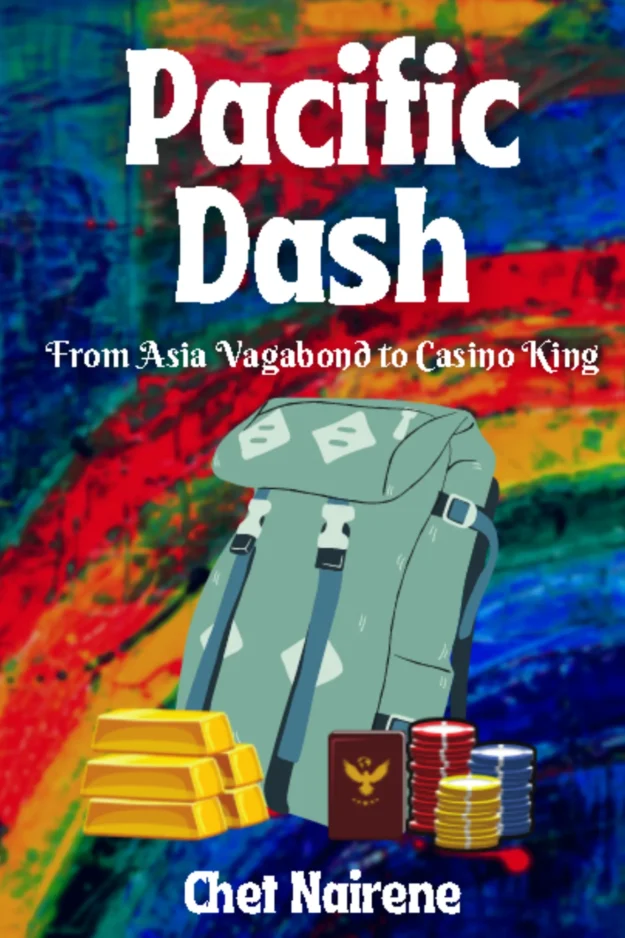
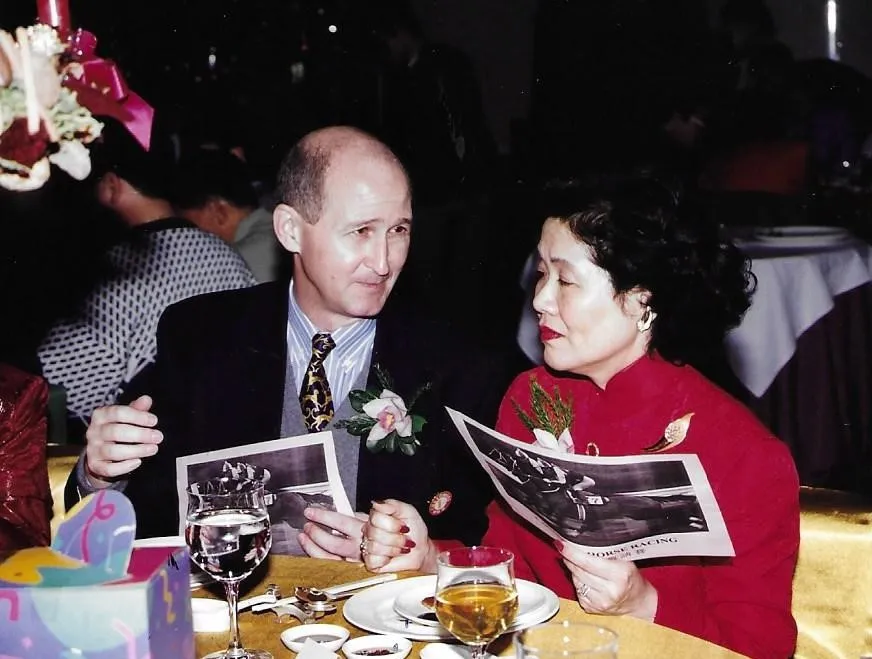
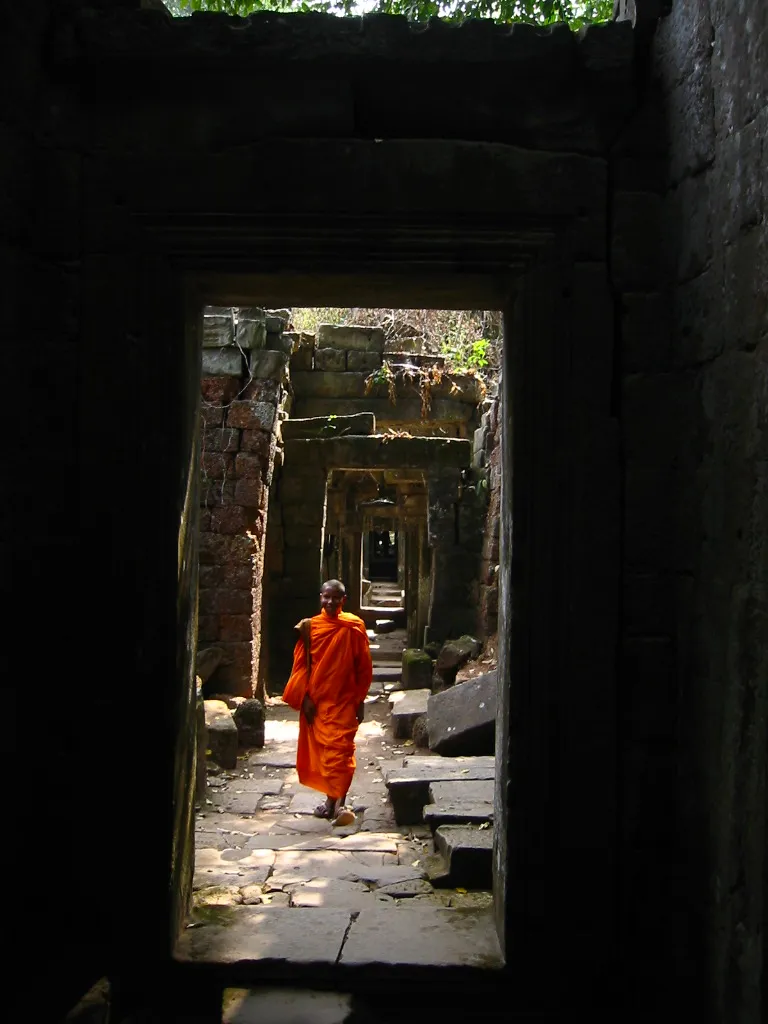
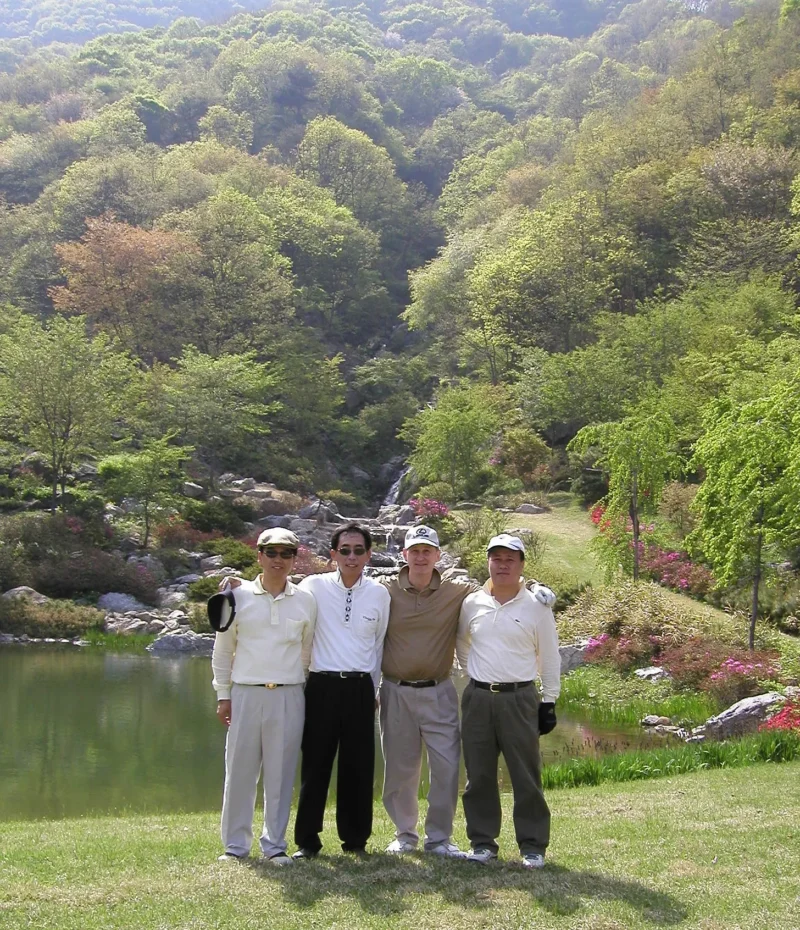
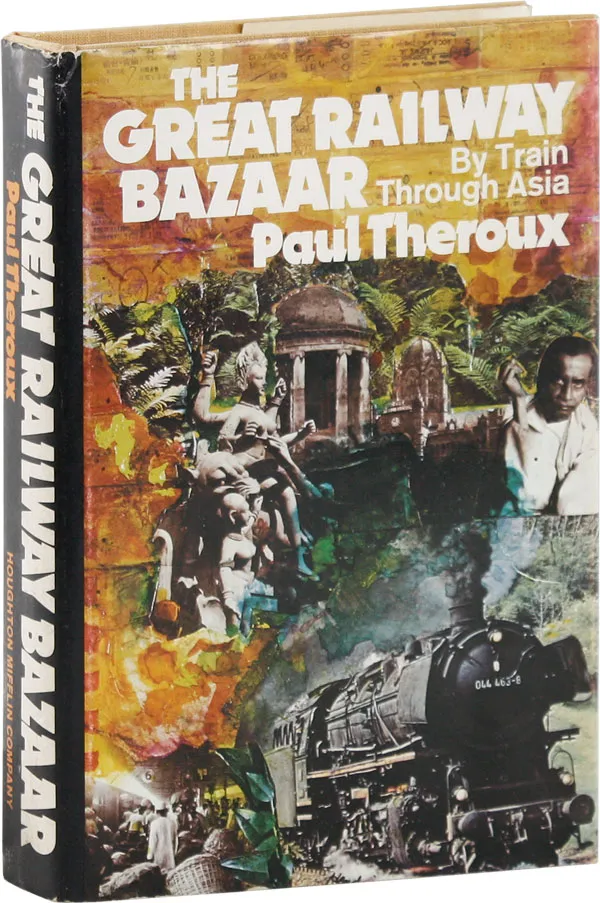
None of the photos are showing, only a blank white box with a question mark in the article Tales of the Orient interview with Ralph Perry about his novel “Pacific Dash”, I don’t know if it’s a problem with my computer or what.
I’m not sure Frank. I’ve checked this on multiple browsers but see everything as it should be. Seems fine to me.